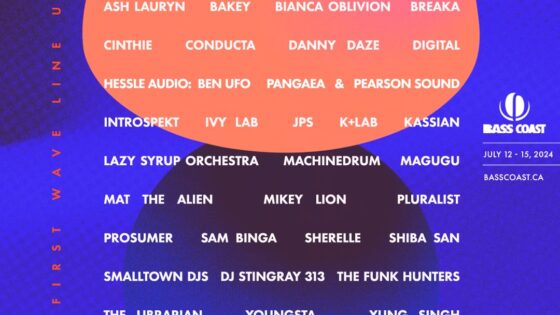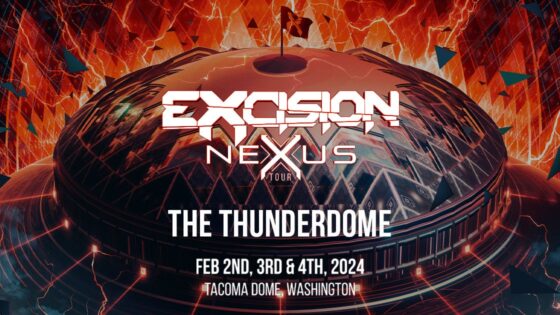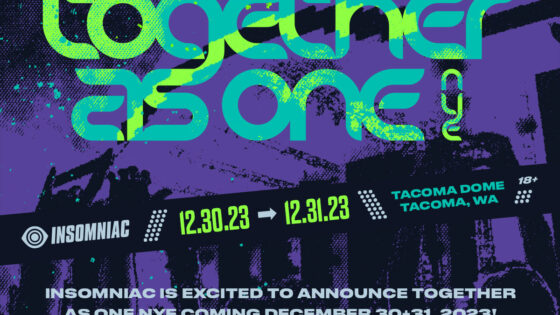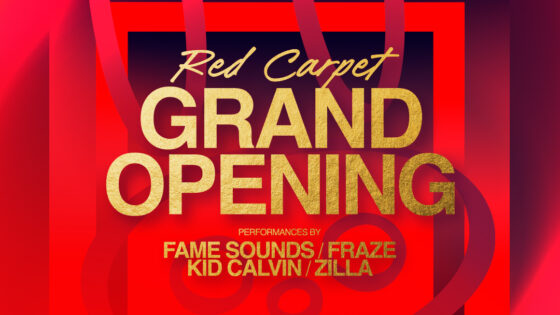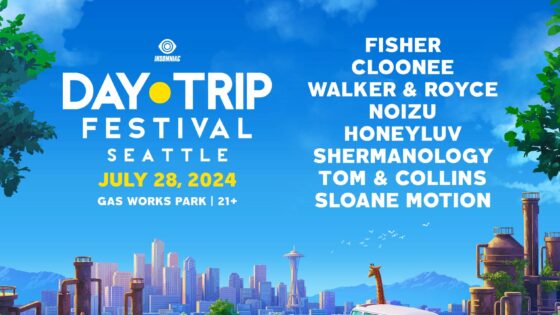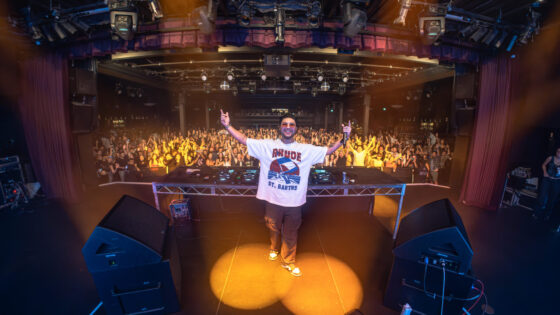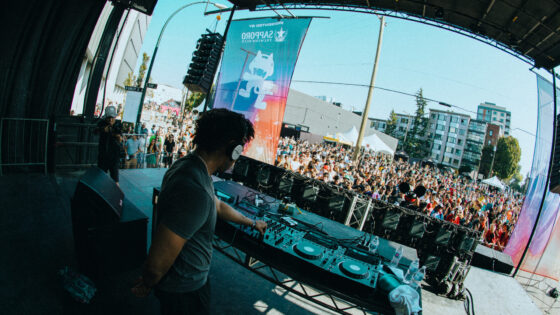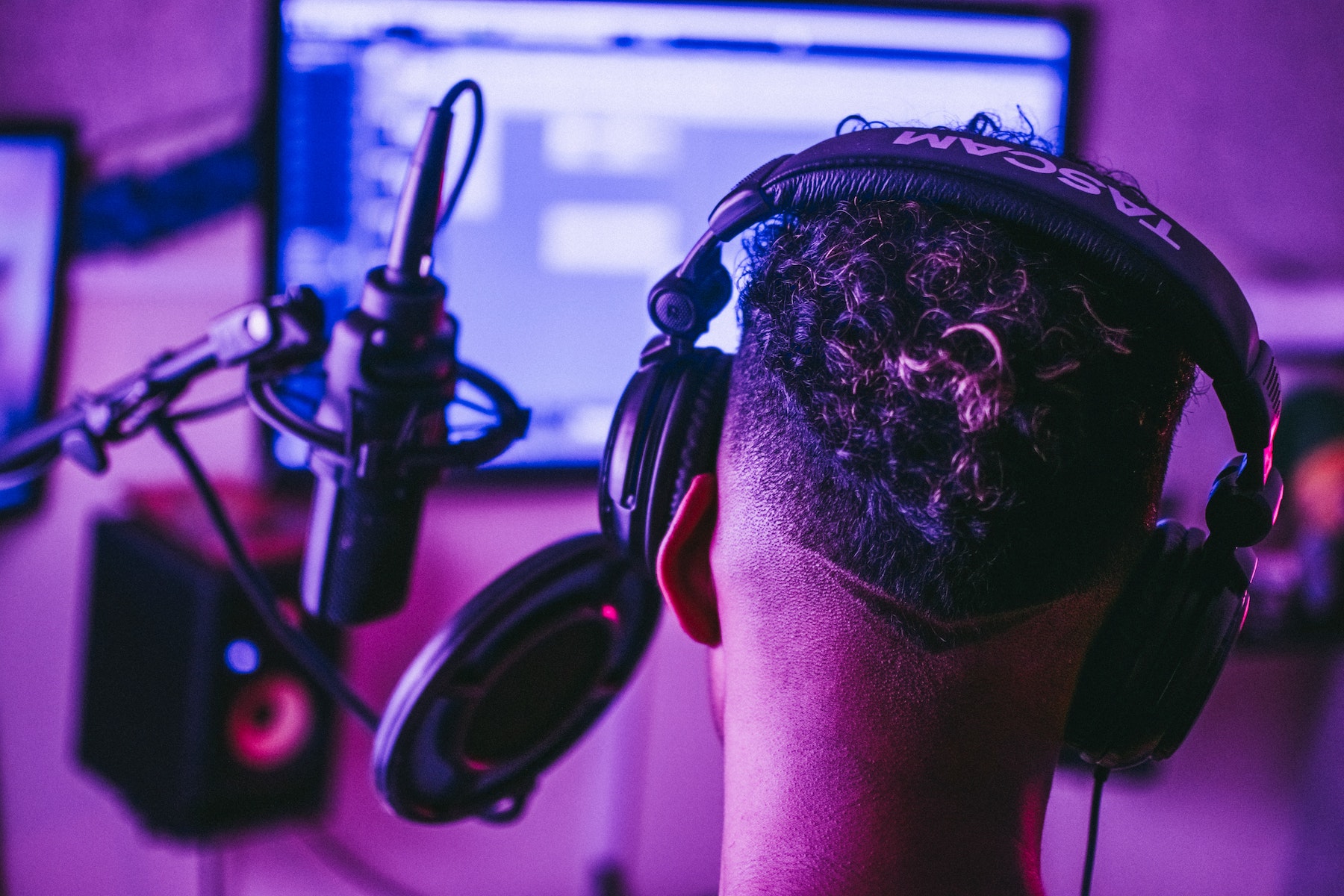Whether you’re signing your first track to a record label, or you have several album releases under your belt, contracts can be a tricky aspect of the process. The legal environment surrounding music rights can be difficult to navigate, often leaving artists confused about the value and importance of their rights.
There have been many examples in the news regarding the importance of owning your own masters. Notably, in 2021, Taylor Swift re-recorded her most popular albums, including 1989 and Red, due the way the contracts with her former record producer and label were written.
Swift’s agreement relinquished ownership of the original master album recordings to the label, like most label contracts, dramatically limiting the profit she could take from their sales and streams. Instead these profits went directly to the label owner, who in turn sold the masters to another record label for an exorbitant amount of money, none of which Swift received.
To rectify this, Swift (who still owned her compositional, i.e. songwriting, rights) re-recorded the albums and now maintains the masters to the new versions of the albums, dubbed “Taylor’s Versions.” She has encouraged her fans to stream and buy the new versions so the profits will go to her and not a label.
This is an extreme example of what may happen if you don’t keep ownership of your masters. The average artist simply needs exposure and resources and record labels offer this to them in exchange for their musical intellectual property. Over the years, plenty of artists have fought similar battles as Swift at all levels of the music industry, and often find themselves wondering: why give up my rights at all?
Music rights scenarios
It doesn’t matter if you’re a well-established artist or someone just signing their first track, contractual agreements will bind you. In this article, we review some common scenarios you may encounter on your journey as an artist, and help you navigate your own contractual agreements.
Protecting your rights and knowing how and when to spend them is a skill every aspiring musical artist needs to have.
Exposure
At the beginning of your music career, building an audience can be daunting. Today’s music industry requires you to be up to speed on the latest marketing trends, well-versed in social media, and familiar with creating an audience of followers online.
This can be accomplished on your own. Focusing on increasing your exposure online, however, can take critical time away from the songwriting side of your early career. It can be beneficial, in some cases like this, to spend intellectual property capital in exchange for exposure with a reputable label.
Record labels offer diehard followers and significant social reach, developed at a pace quicker than most artists can generate starting out. While labels used to be known primarily for providing the resources necessary to record and distribute an album (and major labels still are), most small labels today are focused on producing exposure and relationship building.
This is the critical consideration when building an audience: is the exposure a small label can offer worth the loss of your intellectual property?
Spending that IP capital could mean not reaping the full monetary benefits if your track or album is a huge hit. Having a large following is an essential part of being a successful artist, but being fully compensated for tracks that have garnered attention and plays is equally important.
On the other hand, the audience you could amass from that piece of music flowing through a label could mean significantly larger exposure and dividends later in your career. It is critical to weigh the cost-benefit analysis, every artist has different needs.
Distribution
The same is true for distribution. Being an up-and-coming artist makes your reach into platforms small, and on par with any other artist at a similar stage of their career. With the help of a record label your music can be distributed deeper into the music ecosystem than many early artists can manage. Labels can often get your music into places that might not be accessible to you at this stage of your career, such as streaming playlists.
In exchange, the label will want a “piece” of the action, and this usually means full ownership of the recording. In almost all cases, compositional rights are included and, in many others, rights like sync, too. If you are willing to pay this price to distribute your music to a wider audience and set of platforms, it can be beneficial.
Artists can achieve very good basic distribution on their own at any stage of their career. Modern distributors like CD Baby, Distrokid, TuneCore, et. al. allow you to retain sole ownership of your masters and compositions. They simply charge a one-time or monthly fee for services. Whether the additional reach and access of a record label in your early career are worth your IP capital is a choice only you can make.
To make this decision, ask the label what info it can provide about artist growth, audience building, and streaming reach. These details will help you intelligently assess the opportunity and overall benefit to you.
Once you arrive at a point in your musical career where you are ready to take the next step, you want to start having more control over your intellectual property. It is extremely important to protect your IP as you scale, but there are still times when opportunities require you to strategically spend IP capital.
We’ve all heard horror stories about artists (like above) making label deals that cause them more harm than good. Labels with questionable accounting practices, predatory payment and contract structures, limitations on artist growth. It is important to remember that there are countless record labels out there that are truly invested in artist success, and provide fair dealings.
A label’s culture is a top consideration when looking for a scaling partner. Online research is a tool at your disposal, as is contacting rostered artists or their management directly. If you are an artist that belongs to a Performing Rights Organization, these societies can also provide insights. They work with labels every day.
Once you’ve done the research and are comfortable with the record label culturally, there are pros and cons of working with one to scale.
Benefits of a label
First, a mid-sized record label can help you rapidly expand your audience. Larger labels often have preferred access to performance rosters, direct connections with streaming service back office personnel, and legal teams to help protect your career as you expand. As mentioned above, a record label partnership is access to a team of people. Marketing and social media, rights administration, legal counsel, and more are often provided by larger-scale label contracts.
Second, data-oriented record labels have substantial insight to music industry trends and often compile large data sets on what is successful, where, and how. This collection of data, with a label willing to leverage it on your behalf, can be a powerful tool for growth. Labels like this can also help you mold your music effectively as you pursue orders of magnitude growth.
Third, being signed to a prestigious record label can create important clout. Once you have your foot in the door with one reputable label it can be much easier to create connections and leverage success. The more recognizable and respected the label, the more prestigious your profile.
Considering ‘Artist Services’ companies
In the modern music industry, it is possible to maintain the rights to your masters and still achieve scale-level support for your song or album. Companies like AWAL are part of a burgeoning collection of “artist services” companies that provide all the services of a label, but without the label contracts.
Much like the distributors listed above, artist services companies aim to replace the critical services of a record label without requiring artists to relinquish their intellectual property. Through distribution, marketing, analytics, and A&R, companies like AWAL help artists scale while retaining creative control and the royalties (and right to royalties) from their music.
Artist services companies vary in their contractual structure but most provide their services in exchange for some percentage of gross receipts for the term of their contract. In other words, rather than owning your music to help you grow, these companies make money when you do, when you use their services. This structural difference can be a very powerful tool for artists who want to scale their growth but retain their IP, a growing necessity in the streaming era.
While companies like AWAL are fantastic for artists who prioritize control and rights, it can be sometimes difficult to replace the services of a traditional label. For better or worse, labels purchasing the music you’ve recorded creates a direct incentive to see it succeed long-term. The slower, DIY-oriented pace of artist services companies can mean breaking out into popularity or the mainstream may be harder to achieve.
Taylor Swift’s self-titled debut album was a massive critical and commercial success, with multiple charting tracks and an Album of the Year nomination at the Academy of Country Music Awards. That album catapulted her to stardom and cemented her place in the pop music elite. She was able to achieve that success in large part due to the work of her record label Big Machine, who reaped the rewards of that success almost exclusively.
At the time of signing her deal, the record label bought the rights to her masters not just for her first album, but her first five albums. Labels often do this with promising artists, securing their entire early career’s worth of work, and usually with options for more. In order to achieve the level of success she has now, this deal likely made sense. It is unlikely she could have achieved this success without the label’s support.
The bigger she became, however, the less control she had over her own masters. Record labels tend to be very particular about the music an artist makes. When Taylor Swift wanted to evolve her sound from her usual pop-country aesthetic, her record label turned her into this hugely successful pop star. But when she wanted to have more control over what type of music she was creating, she was stuck in a contract that made it almost impossible to evolve.
Do not fuck around at this stage. Lawyer up.
Major labels are always a draw due to their titanic ability to grow every part of your career in one fell swoop. They like to reap as much profit from your success as they can to make you a sure bet. It’s not uncommon to see contracts from major labels include signing over the rights to your masters, compositions, and all other tertiary rights so they can keep that track’s success in house forever.
If you decide to sign with a major label, your recordings will become part of a catalog of masters owned by that label. It is crucial that, if you have the leverage, you work to maintain your compositional rights. In the streaming era music rights are a legitimate commodity, and venture capital firms pay big money to acquire music rights.
Anyone signed with a major label can likely access venture capital firms who want to buy their songwriting catalogs for exorbitant amounts of money. So while a record label may own your masters, there is always potential to make even more money off other rights – if you have retained control of them.
According to Music Business Worldwide, “based on confirmed prices and information from industry sources – at least $5.05 billion was spent on catalog and music rights acquisitions across the 60-plus big-money deals we reported on during last year [2021].”
Here are just a few examples of major catalog purchases in 2021:
- Sony Music Group buys Bruce Springsteen’s entire catalog for over $500 million
- Primary Wave purchases a stake in Prince’s estate that includes publishing and master recordings estimated around $300 million
- Warner Music Group purchases David Guetta’s recording catalog for $100 million
- Warner Music Group also purchased David Bowie’s entire song catalog for $250 million
- BMG buys Motely Crue’s recording catalog for $90 million
While selling your masters or compositional rights may not seem appealing at first, if you think about the benefits of singing with a major label, it can be extremely beneficial to sign them over. A major label can make you more appealing to other labels and open doors to working with a wide range of artists and producers.
They can also open the doors to venture capital whose sole purpose in the field is to exchange and profit from music catalogs. Once you have built a solid resume, you can leverage that success to maintain the rights to your future masters, while opening the door for large windfalls later in your career.
More Resources
You don’t need to be a high-profile lawyer to understand your rights as an artist. Knowing contracts is a huge benefit to you in making sure that you receive what is fair, and knowing what laws may or may not apply to you is also a good piece of knowledge to have. That is why it’s important to mention the Music Modernization Act, because the MMA has changed the whole field of music licensing since its passage in 2019. You can read more about the MMA here and here.
To sum it all up: Know what your rights are, make informed decisions, and seek appropriate guidance when needed; with this foundation you’ll be well on your way to success!
Important things happen in Pacific Northwest nightlife, and DMNW will send you alerts!






